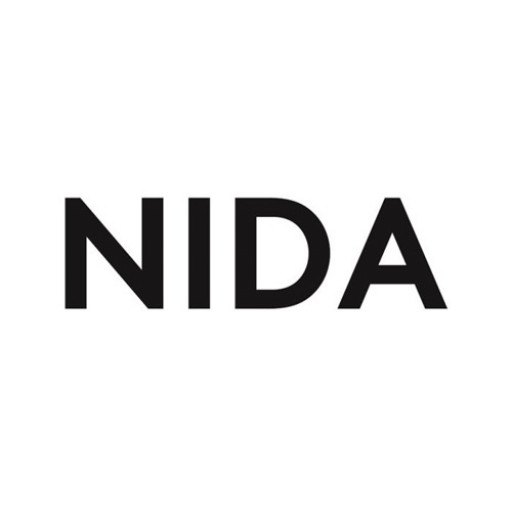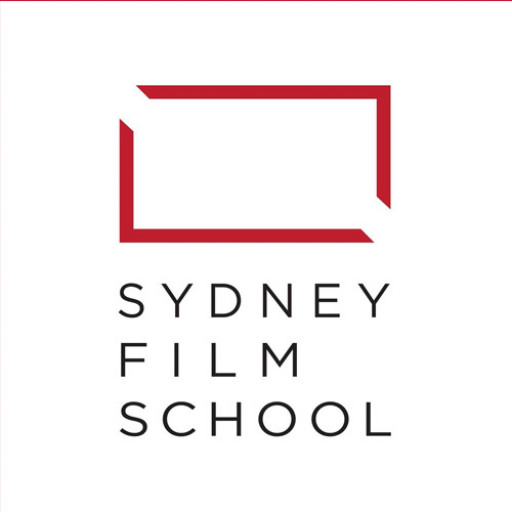Photos of university / #rmituniversity
The Bachelor of Professional Screenwriting at RMIT University is a comprehensive and dynamic program designed to equip students with the essential skills and knowledge required to excel in the competitive world of screenwriting. This degree focuses on fostering creative storytelling, narrative development, and scriptwriting techniques tailored for various media formats, including film, television, and digital platforms. Throughout the coursework, students engage in hands-on practice, collaborating with peers and industry professionals to develop original screenplays, understand industry standards, and adapt to evolving storytelling trends. The program covers a wide range of topics, such as character development, dialogue writing, genre conventions, visual storytelling, and script structure, ensuring graduates are versatile and prepared for diverse career pathways. Emphasis is placed on nurturing originality, critical thinking, and technical proficiency. The curriculum also offers opportunities for practical experience through industry placements, workshops, and film productions, allowing students to build their portfolios and networks. Graduates of this program are well-equipped to pursue careers as screenwriters, script editors, story consultants, and content creators across the entertainment industry. With a strong combination of theoretical knowledge and practical skills, the Bachelor of Professional Screenwriting at RMIT prepares students to contribute meaningfully to the evolving landscape of visual storytelling, opening doors to exciting opportunities in film, television, and digital media sectors.
The Bachelor of Fine Arts (Professional Screenwriting) at RMIT University is a comprehensive program designed to develop students' skills in storytelling, script development, and screenwriting for various visual media. Throughout the course, students gain a solid foundation in narrative craft, character development, and screenplay structure, which prepares them for careers in film, television, digital media, and other storytelling platforms. The program emphasizes hands-on experience, encouraging students to write original scripts, collaborate with filmmakers, and participate in practical projects that simulate industry real-world scenarios. Students will explore genres such as drama, comedy, documentary, and genre fiction, honing their ability to craft compelling stories across formats and platforms. The curriculum integrates theoretical knowledge with practical skill development, covering areas like visual storytelling, script editing, pitching ideas, and understanding industry standards. Students also learn about the business aspects of screenwriting, including intellectual property, marketing, and industry contacts, to prepare them for professional success after graduation. The program features opportunities to work with industry professionals through workshops, guest lectures, and industry placements, fostering industry connections and real-world experience. With access to state-of-the-art facilities and resources, students will have ample opportunity to develop their craft and produce professional-quality scripts and screenplays. The program aims to produce versatile and innovative screenwriters capable of contributing creatively and commercially to the media industry. Graduates will be equipped with a portfolio of scripts and a broad understanding of storytelling techniques, positioning them well for careers as screenwriters, script editors, story consultants, and development executives. Emphasizing creativity, technical skill, and industry awareness, the Bachelor of Fine Arts (Professional Screenwriting) offers a rigorous and immersive educational experience that prepares students for the dynamic and evolving landscape of the screen industry.
Program requirements for the Bachelor of Arts (Screen and Media Production) in Professional Screenwriting at RMIT University include a combination of core subjects, electives, and practical components designed to equip students with the essential skills for a career in screenwriting. Prospective students must have completed secondary education equivalent to the Australian Year 12 qualification, with certain prerequisites in English language proficiency, such as achieving specified scores in IELTS or TOEFL tests, unless alternative recognized English qualifications are held. Applicants with relevant work experience or prior learning may be considered through RMIT's recognition of prior learning (RPL) processes, which can exempt them from some subjects. The program mandates the successful completion of foundational subjects in storytelling, script development, and cinematic techniques in the first year, followed by advanced coursework in genre writing, narrative structures, and industry practices in subsequent years. Students are expected to undertake practical projects, including writing scripts for short films, television episodes, and digital media, fostering collaborative and real-world skills. Industry placements or internships may be encouraged to enhance employability and professional networking. To graduate, students must achieve a minimum grade point average as specified in the university's assessment policies, typically a passing grade in all core courses. The program emphasizes creative development, technical proficiency, and industry engagement, preparing graduates for diverse roles such as screenwriter, script editor, or content creator across film, television, and new media industries.
The Bachelor of Arts (Screenwriting) program at the Royal Melbourne Institute of Technology (RMIT) offers a comprehensive education in the art and craft of screenwriting, equipping students with the skills necessary to succeed in the dynamic and competitive film and television industry. The program is designed to develop students’ storytelling abilities, understanding of narrative structures, character development, and script formatting, alongside practical production skills. RMIT provides diverse funding options to support students throughout their studies, including government loans, scholarships, and external funding sources.
Australian citizens and permanent residents are eligible for Commonwealth supported places (CSP), which significantly reduce the tuition fees. These are subsidized by the Australian Government and require students to pay a student contribution amount, which varies depending on the course and units undertaken. For domestic students, tuition fees are calculated based on the number of units and the current fee rates approved annually by the Australian government. International students, on the other hand, pay full fee-paying tuition, which can be higher but is often subsidized through various scholarship programs.
RMIT also offers a range of scholarships specifically aimed at students enrolled in creative arts and screen programs. These include merit-based scholarships awarded for academic excellence, as well as equity-based scholarships providing support to students from diverse backgrounds or with financial hardship. Some scholarships are renewable annually, provided students meet specific academic standards. Additionally, RMIT participates in external scholarship programs sponsored by industry partners, government agencies, and philanthropic organizations, which students are encouraged to apply for to offset study costs.
Students can also explore study loans and payment plans. Some students utilize government income support or youth allowance programs if eligible. Loan schemes such as HECS-HELP (Higher Education Loan Program) enable domestic students to defer their tuition fees, repaying them gradually through the taxation system after securing an income above a certain threshold. International students generally finance their studies through personal savings, family support, private loans, or scholarships.
Work-integrated learning opportunities, internships, and industry engagements often support students’ employment prospects during and after their studies, potentially providing additional financial benefits. RMIT’s location in Melbourne, a vibrant hub for film and television production, offers students access to industry networks and job opportunities, which can help offset educational costs.
In summary, financing a screenwriting degree at RMIT involves a combination of government support, scholarships, external funding, and personal financial planning. Prospective students are encouraged to explore all available options early in their application process to make an informed financial plan tailored to their circumstances.
The Bachelor of Fine Arts (Screenwriting) at the Royal Melbourne Institute of Technology (RMIT) provides students with comprehensive training in the art and craft of professional screenwriting. This program aims to develop students' storytelling skills, creative writing abilities, and understanding of the film and television industry. Throughout the course, students engage in rigorous coursework that covers script development, character creation, dialogue, genre exploration, and narrative structure. They also gain practical experience by working on collaborative projects, developing original screenplays from concept to final draft, and participating in industry-facing workshops and internships. The program emphasizes both theoretical knowledge and hands-on practice, preparing graduates for careers as screenwriters in various media including film, television, web series, and emerging digital platforms. RMIT’s state-of-the-art facilities and connections with industry professionals offer students opportunities for networking and real-world experience. The curriculum often includes modules on script analysis, production processes, and industry standards, ensuring students are well-equipped to meet professional expectations upon graduation. This degree aims to cultivate creative independence, critical thinking, and technical expertise, enabling students to craft compelling stories that resonate with diverse audiences. Graduates of the program have pursued successful careers as scriptwriters, story editors, and writers across multiple sectors within the entertainment industry, contributing to the vibrant cultural landscape of Australia and beyond. The Bachelor of Fine Arts (Screenwriting) at RMIT is recognized for its industry-focused approach, fostering innovation, originality, and professional readiness in aspiring screenwriters.





